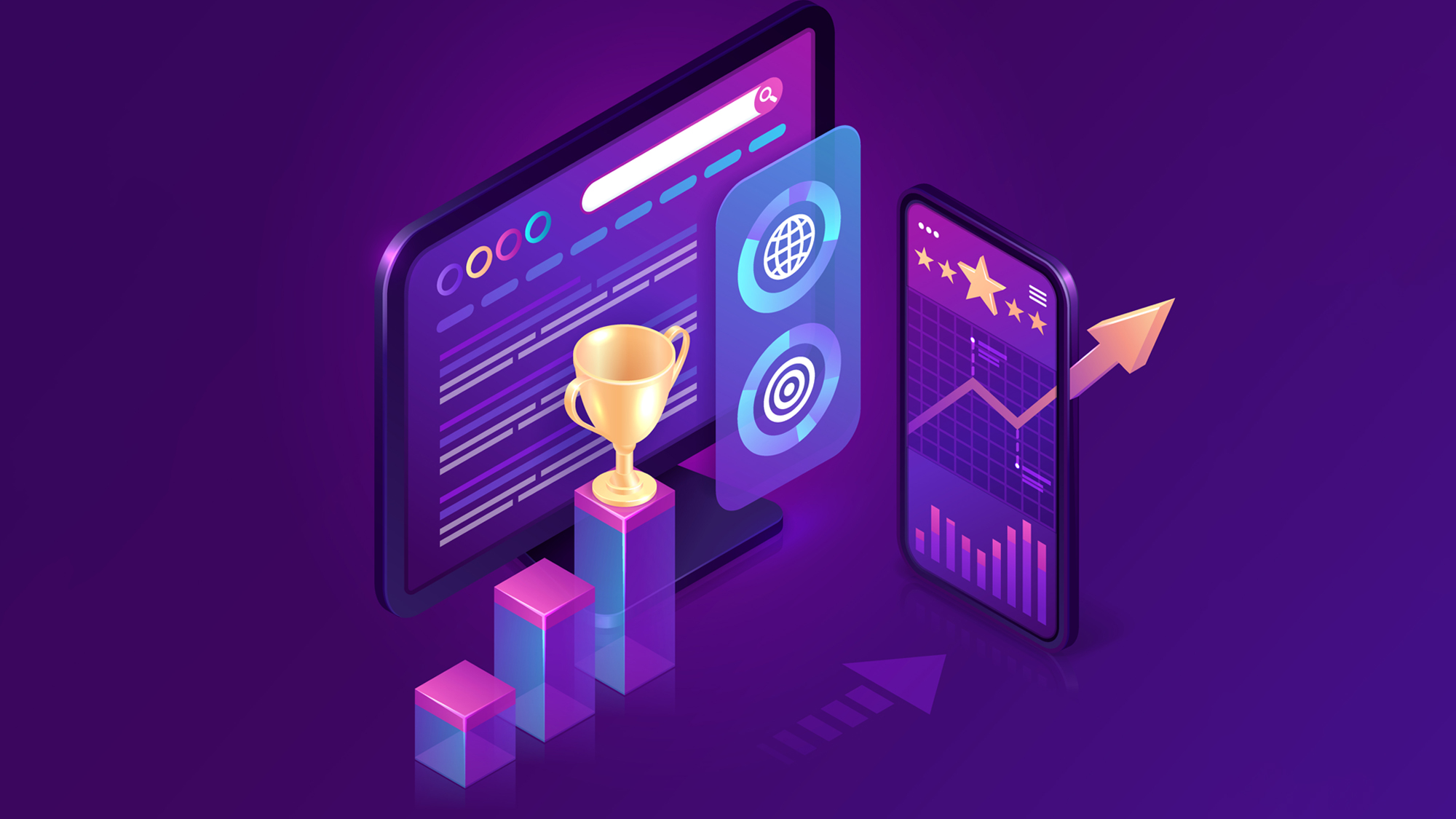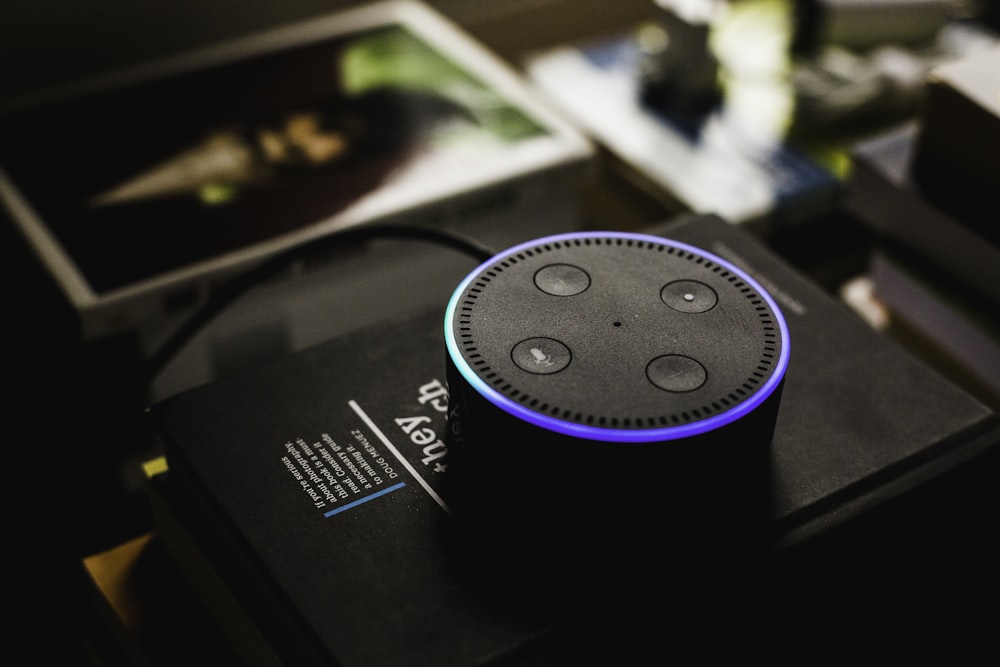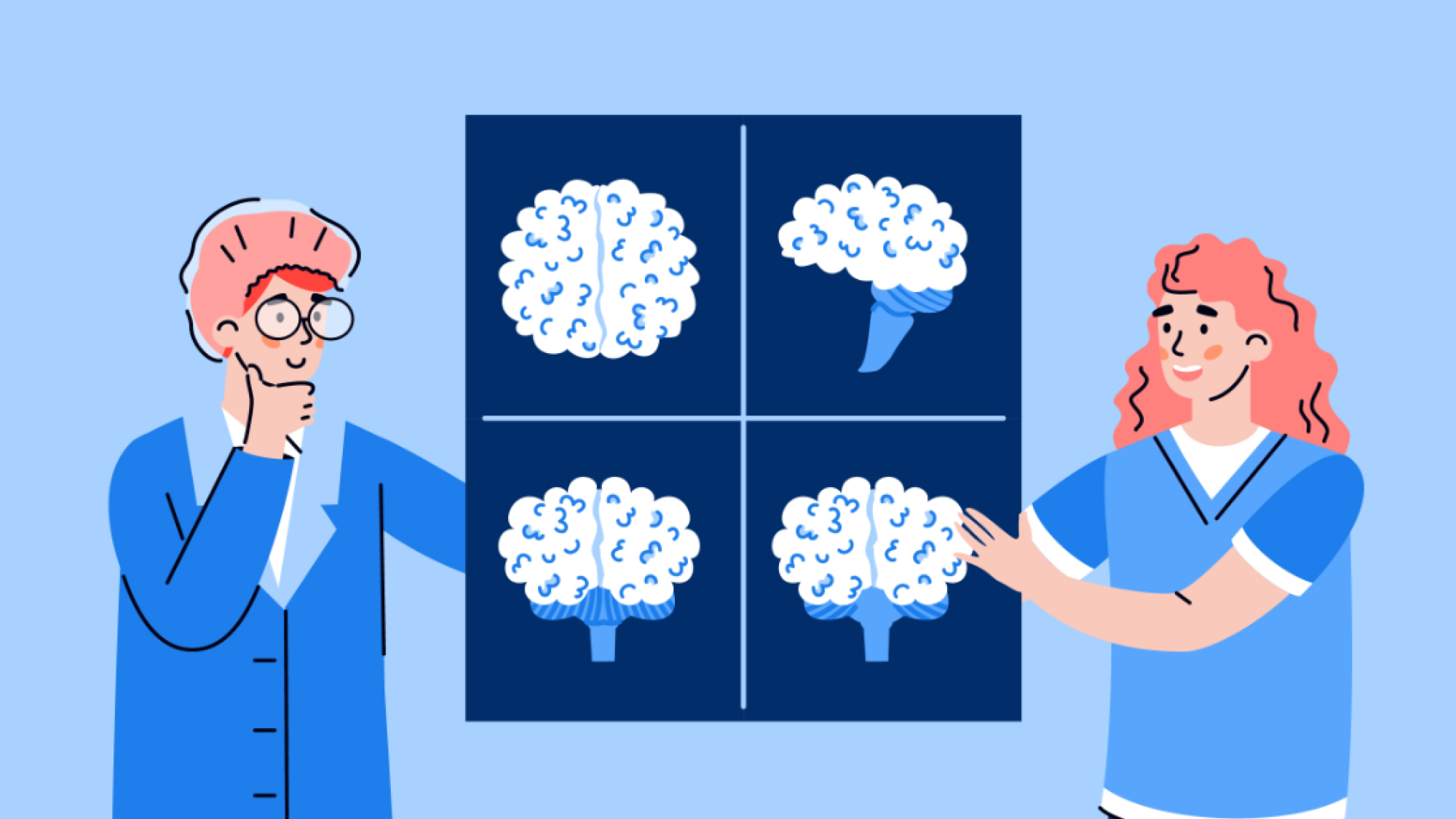
The rules of search engine optimization (SEO) are always changing. For any marketer who has put themselves in the shoes of an SEO specialist, you know that the statement above is an undeniable truth you cannot deny.
With Google, Bing, and Baidu being the top 3 search engines, and each having its own rules to play, learning to be the best SEO specialist is never an easy task. Google takes up roughly 70% of the market share, and adjusting to its ever-evolving algorithms is already tough enough.
But, with reports finding that 89 percent of consumers depending on Google or any of the other top search engines to find information on products or services, we can say that knowing SEO well is definitely an advantage for any business. Not only does an effective SEO strategy bring more traffic to your website, but this also helps to increase potential leads. The graph above is clear evidence alone that Google’s sheer rise to prominence, as it demonstrates the increased revenue through services like Google Ads and G-Suite.
As artificial intelligence continues to develop, the future of SEO will be highly dependent on the algorithms we have moving forward.
The impact of effective SEO
Even the slightest difference in optimized page speeds can make a dramatic shift in how customers respond to your digital storefront. For example, according to some stats, 47% of modern consumers expect a page to load within two seconds or less, with 40% of them bouncing off the site if it takes more than three seconds.
Furthermore, studies found that when shoppers feel as if the website’s performance is underwhelmingly slow, close to 80% of them will most likely never return again, losing out on a whole lot of business. Interestingly, 52% of shoppers stated that something as small as a page’s load time influences their loyalty to the brand.

These days, people are used to receiving results and responses quickly. Even the slightest off-putting element of a website, from design to page speed can make or break a shopper’s decision to buy from you. A lack of attention toward correct keyword integration into the content will be a major drawback and is what prevents so many companies from getting discovered, and in turn, gaining customers.
The shift from text to voice
These aspects alone, from keyword research, backlink strategies and page loading speeds are all factors that are important to consider when carrying out your SEO strategy. Yet, with technologies like Alexa and Siri advancing by the day, and advanced machine learning developing by the week, there are some people who wonder: just where is SEO going?

Advancements in natural language processing (extension of machine learning) are steadily changing the way we interact with technology. More and more, people are getting used to saying their search inquiry out loud and having a machine do the work of finding the results they want. Typing, interestingly enough, will eventually become a thing of the past.
The undeniable truth is that humans can speak 150 words per minute, while only typing an average of 40 words per minute. This simple truth demonstrates that voice search is just quicker, and for whatever reason, 28% of people believe that it is more accurate as well. With greater interest in chatbots and virtual assistants for the sake of improved communication, there is no denying AI’s role in the future of search activity. According to Google, there are estimates that 50 percent of searches will be voice-based, with roughly 30% of searches being done without a screen.
A rise in visual data
Besides natural language processing, computer vision is also a big advancement in AI as well. Computers are better able to identify the content of the images and videos that are online these days.
Such advancements will only lend itself to the necessity for marketers to be wary of optimizing visual content as well. Just as content writers had to learn to include headers and keywords throughout their articles, designers and video producers of the future should learn to do the same with their visual content.
Similarly to including alt texts in your images, you will need to optimize keyword targetting and descriptions for your videos as well. The more search engines’ AI system learns to sift through visual data using computer vision, the more visual optimization will be required for the SEO specialists of the future.
Google’s ranking factors
While there are plenty of factors that affect Google’s ranking system, we know from a Q&A session with one of Google’s Search Quality Senior Strategist, Andrey Lipattsev, there were three major things to pay attention to when it comes to knowing how Google ranks you.
These were listed as (in no particular order): content, links pointing to your site, and Google’s RankBrain itself. For those who are unaware, RankBrain serves as Google’s machine learning technology that helps process search results. With billions of pages out on the Internet, it would be simply impossible to sift through it all by humans to identify the most relevant ones. The problem is that Google processes three billion searches per day. For this reason, Google uses RankBrain’s algorithm to sort through those billions of pages and try to find the pages that are deemed as most relevant for whatever particular search query was made.
Build a brand and create value
All these various changes in the future of SEO can seem daunting. In a world where there is content being put out on a daily basis, from video to text to images, there is no denying we bombarded by an endless stream of stimuli constantly.
The fact of the matter is, no matter how much we try to know about SEO, it will always change. There is no secret to success.
All we can do to maximize our potential to rank better is to build a brand and create valuable content around that. Too often, we get sidetracked by the algorithms and the desire to work around it, that we may forget what it is that people seek when using search engines — value.











